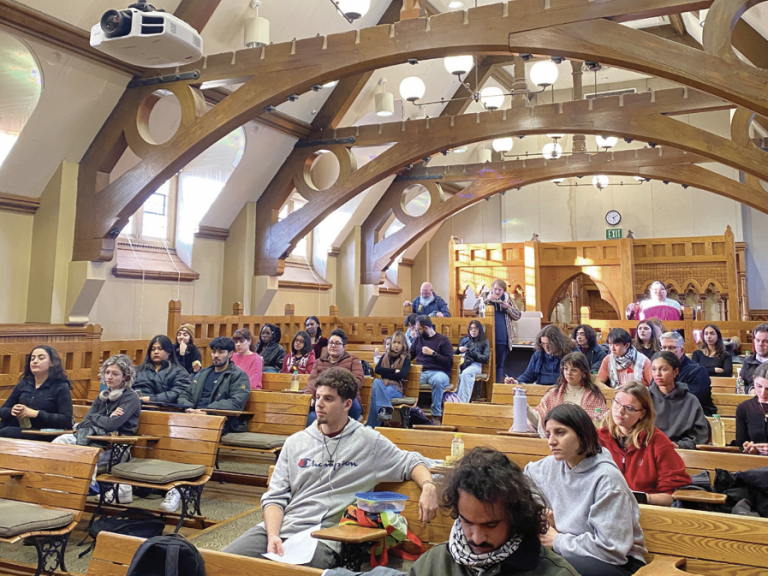Cornelia Ehlebracht ’25
Contributing Writer
Scholastic Books has come under scrutiny after releasing a statement announcing they will separate titles that have been contested on the basis of content regarding race and gender. Books will be separated into a collection called “Share Every Story, Celebrate Every Voice” for their U.S. elementary school fairs. Scholastic’s statement cites “enacted or pending legislation in more than 30 U.S. states prohibiting certain kinds of books from being in schools, mostly LGBTQIA+ titles and books that engage with the presence of racism in our country,” as the reason for their creation of the collection.
Schools in states such as Texas, Florida or Missouri could opt out of the “Share Every Story, Celebrate Every Voice” collection, limiting what books their students have the opportunity to purchase. CNN reports that the nonprofit organization PEN America has urged Scholastic to explore alternative solutions that reject laws and pressures hindering access to diverse stories. PEN argues that sequestering books on topics like race and gender may deprive students and families of valuable opportunities to encounter narratives promoting empathy and understanding. Scholastic has not revealed how many schools have chosen to opt in or opt out of the collection.
The “Share Every Story, Celebrate Every Voice” collection focuses on themes centered around people of color, civil rights and historical figures. Critics argue that by giving schools the option to remove books about civil rights icons and public figures, such as Ruby Bridges and Supreme Court Justice Ketanji Brown Jackson, Scholastic may perpetuate a lack of representation. Scholastic maintains that organizers can still individually order diverse titles, and parents can purchase any book online for their children. Scholastic states, “We don’t pretend this solution is perfect – but the other option would be to not offer these books at all – which is not something we’d consider.”
The Scholastic Book Fair’s website states, “It starts with a choice: What do I want to read? And since being empowered to choose their own books is a milestone opportunity to identify and express their own voice, kids also leave the Book Fair as bolder, prouder, and stronger individuals.” The in-school pop-up event is often known as a time when children may purchase the books that they want to read, instead of books that are assigned to them.
Since its inception in 1981, The Scholastic Book Fair has been committed to providing access to a wide variety of titles that represent all voices. To appeal broadly to current controversies in the U.S. regarding books on race and sexuality, they have made the decision to segregate books based on content. NBC News reports, Gabrielle Balkan, a school book fair organizer, expressed concerns about the option to opt out of diversity, emphasizing the importance of celebrating all aspects of the human experience, especially those traditionally underrepresented or persecuted. In response to controversy, Scholastic has defended their commitment to inclusivity, and has argued that their new approach as a response to teachers’ and school librarians’ requests for more customization options.




+ There are no comments
Add yours